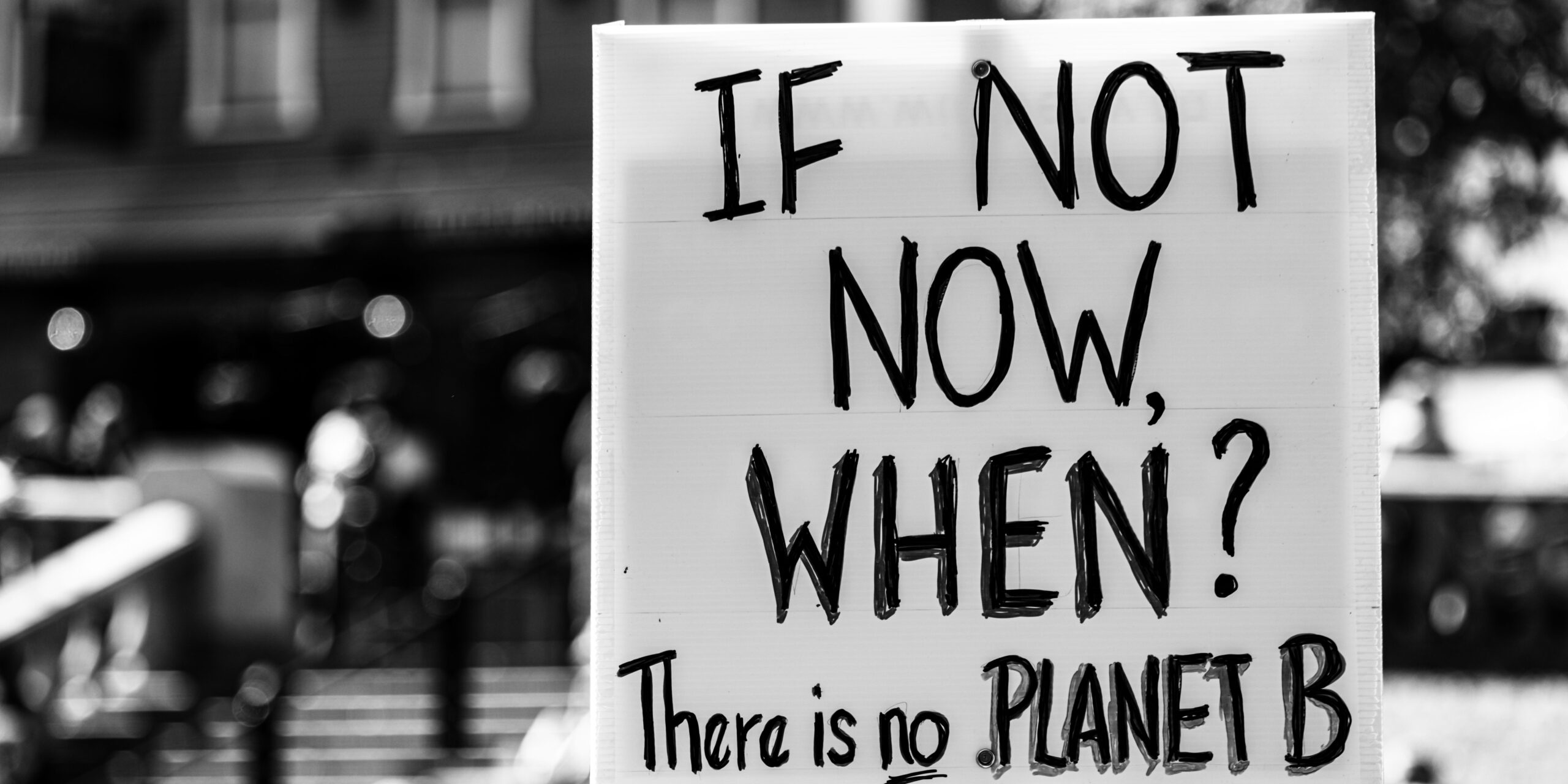As time goes on, the problem of climate change becomes more and more critical. The planet’s average temperature is going up, the oceans are getting higher, and the frequency and intensity of catastrophic weather events are all on the rise. Urgent action is required to mitigate the impacts of these changes, which pose a serious threat to our planet and our way of life. But combating climate change requires striking a balance between environmental protection, economic growth, and societal justice.
The Importance of Moderation
We need a worldwide effort to combat climate change. To solve this problem, people, organizations, and governments from all over the globe will need to work together. Nonetheless, it is essential that progress in the economy and social justice not be sacrificed in this endeavor. Taking on climate change while simultaneously encouraging economic growth and social progress is feasible, but only with a well-rounded strategy.

Striking a Balance between Environmental and Other Issues
It is essential to include environmental protection in any plan to combat climate change. We need to cut down on our carbon output and switch to renewable energy sources like wind and solar. However, the effects on the economy must also be taken into account. Coal mining and oil drilling are just two examples of industries that depend heavily on fossil fuels. We need to figure out how to move these sectors toward greener energy while keeping people employed in similar capacities in the meantime.
Further, we need to think about how environmental laws will affect underrepresented groups. Environmental degradation and climate change often have a disproportionate impact on low-income and minority groups. These areas may be especially vulnerable to climate change because they lack the tools necessary to adapt to the new normal. We must make sure that our environmental policies account for the needs of these communities and give them the tools they need to adjust.
Finding a Happy Medium in Economic Growth
Prosperity in the economy is crucial to alleviating destitution and advancing society as a whole. However, many conventional strategies for advancing the economy depend on fossil fuels, which in turn exacerbate global warming. We need to stimulate economic development while decreasing our ecological footprint.
By funding alternative energy sources, this equilibrium can be attained. In addition to decreasing our dependence on fossil fuels, the renewable energy sector has the potential to generate millions of additional employment. Investing in renewable energy sources helps the economy expand while also reducing our carbon footprint.
Carbon pricing systems are another strategy for striking a balance between economic growth and climate action. By taxing or trading carbon pollution, carbon pricing aims to reduce emissions and thus reduce costs. This not only generates money that can be used to invest in renewable energy and other climate solutions, but it also provides an incentive for companies to reduce their carbon emissions.
Finding a Happy Medium in Social Justice

Last but not least, it is essential that our responses to climate change prioritize social justice. While everyone feels the effects of climate change, those most at risk are often the ones who suffer the most. It is imperative that we incorporate the concerns of these populations into our policymaking and give them the tools they need to adjust.
Green job initiatives can be a tool for fostering more equitable communities. Employment in the clean energy industry is a primary goal of these initiatives, with a focus on helping those in regions hit hard by the shift away from fossil fuels. We can improve social justice and the labor market by funding these initiatives.
Providing access to resources for coping with climate change is another method to improve social justice. People of lower socioeconomic status and people of color are disproportionately likely to lack the means to adjust to shifting environmental norms. We need to help these communities adjust to climate change impacts like rising sea levels and more frequent and severe weather.
Conclusion
One of the most important tasks we face today is figuring out how to deal with climate change. Even as we work to boost the economy and improve people’s lives, we must take steps to lessen our reliance on carbon-based fuels and switch to greener energy sources. The requirements of the environment, the economy, and society must all be considered in order to achieve this.
